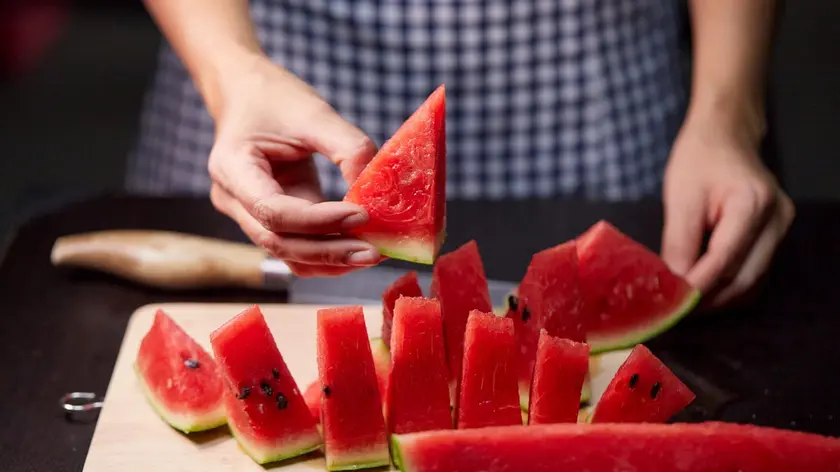T4K3.news
Scientists reveal causes of daytime sleep attacks
New research links seven blood metabolites to daytime hypersomnia and suggests lifestyle changes, including a Mediterranean diet and reduced fermented foods, as possible options.
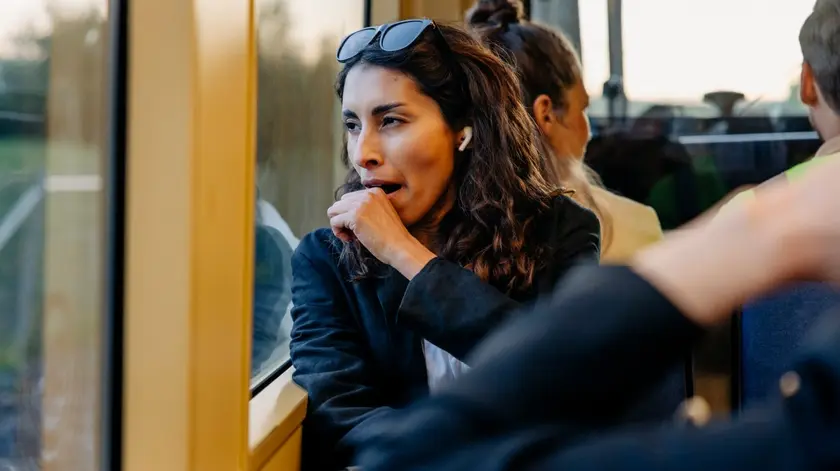
New research links seven blood metabolites to daytime hypersomnia and suggests lifestyle changes, including a Mediterranean diet and reduced fermented foods, as possible options.
Scientists reveal causes of daytime sleep attacks
A new study ties daytime sleepiness to seven circulating molecules tied to metabolism. Excessive daytime sleepiness affects about one in five adults, researchers say, and some people still feel drowsy after a full night's rest. The study points to lifestyle changes, including adopting a Mediterranean-style diet and limiting fermented, aged, and smoked foods as potential tools. Genetics may also influence risk, with earlier work identifying dozens of gene markers linked to hypersomnia, while the new findings focus on blood metabolites.
Experts caution that a test for these markers is not a guaranteed remedy. More research is needed to show direct cause and effect and to translate findings into practical medical advice. If confirmed, the results could help tailor guidance for people with EDS without blaming them for sleepiness.
Key Takeaways
"Nap hunger is a signal, not a fault we must blame on willpower."
emphasizes understanding daytime sleepiness.
"Diet could quiet the clock, but science still needs more proof."
cautions about dietary recommendations.
"Genes set the stage, lifestyle writes the story."
highlights genetics vs environment.
"Sleep health is a shared task, not a lone battle."
advocates collective effort.
The piece treats daytime sleepiness as a metabolic signal, not a personal flaw. Tying symptoms to blood markers raises hope for targeted advice but risks oversimplifying without clinical tests proving causation.
The real test is whether these findings translate into affordable, usable guidance for diverse communities. Diet-based strategies must be accessible, and researchers should address equity as they refine recommendations.
Highlights
- Nap hunger is a signal, not a fault we must blame on willpower.
- Diet could quiet the clock, but science still needs more proof.
- Genes set the stage, lifestyle writes the story.
- Sleep health is a shared task, not a lone battle.
The long road from discovery to relief will require careful testing and patient guidance.
Enjoyed this? Let your friends know!
Related News
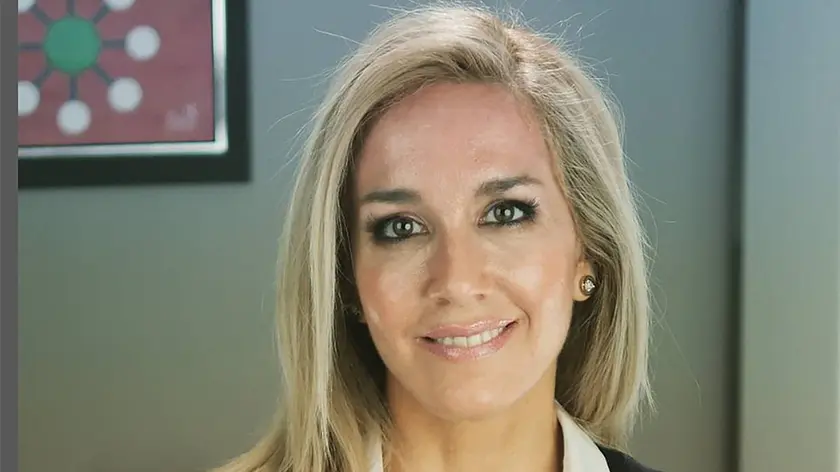
Caffeine intake linked to health benefits and risks
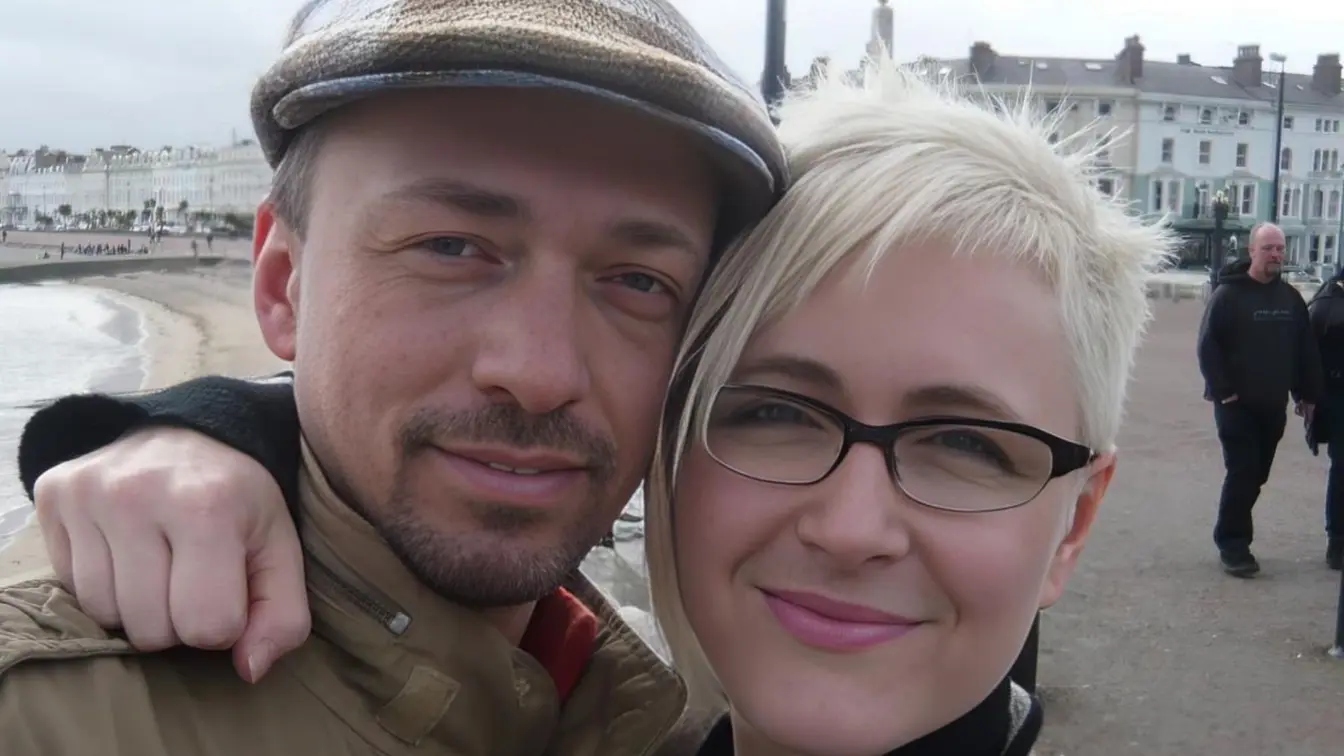
Heartbreak leads to call for camping safety measures
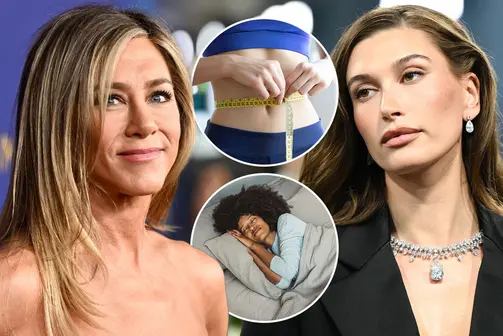
NAD Plus prompts scrutiny over ageing claims
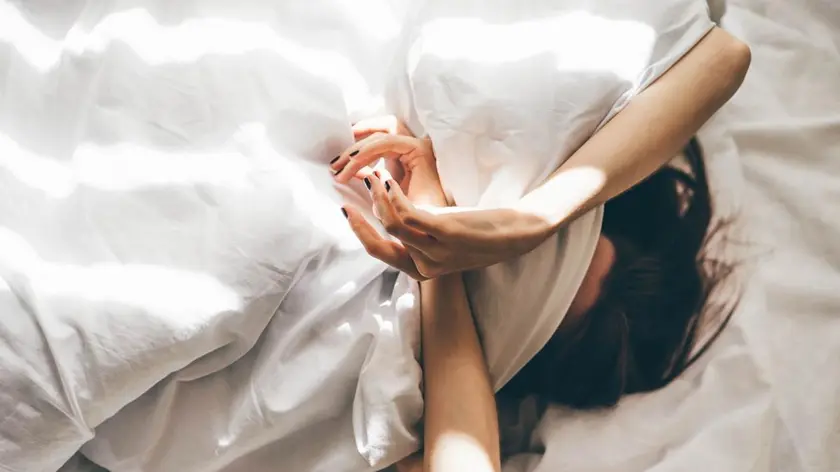
New study links sleep quality to heart disease in women
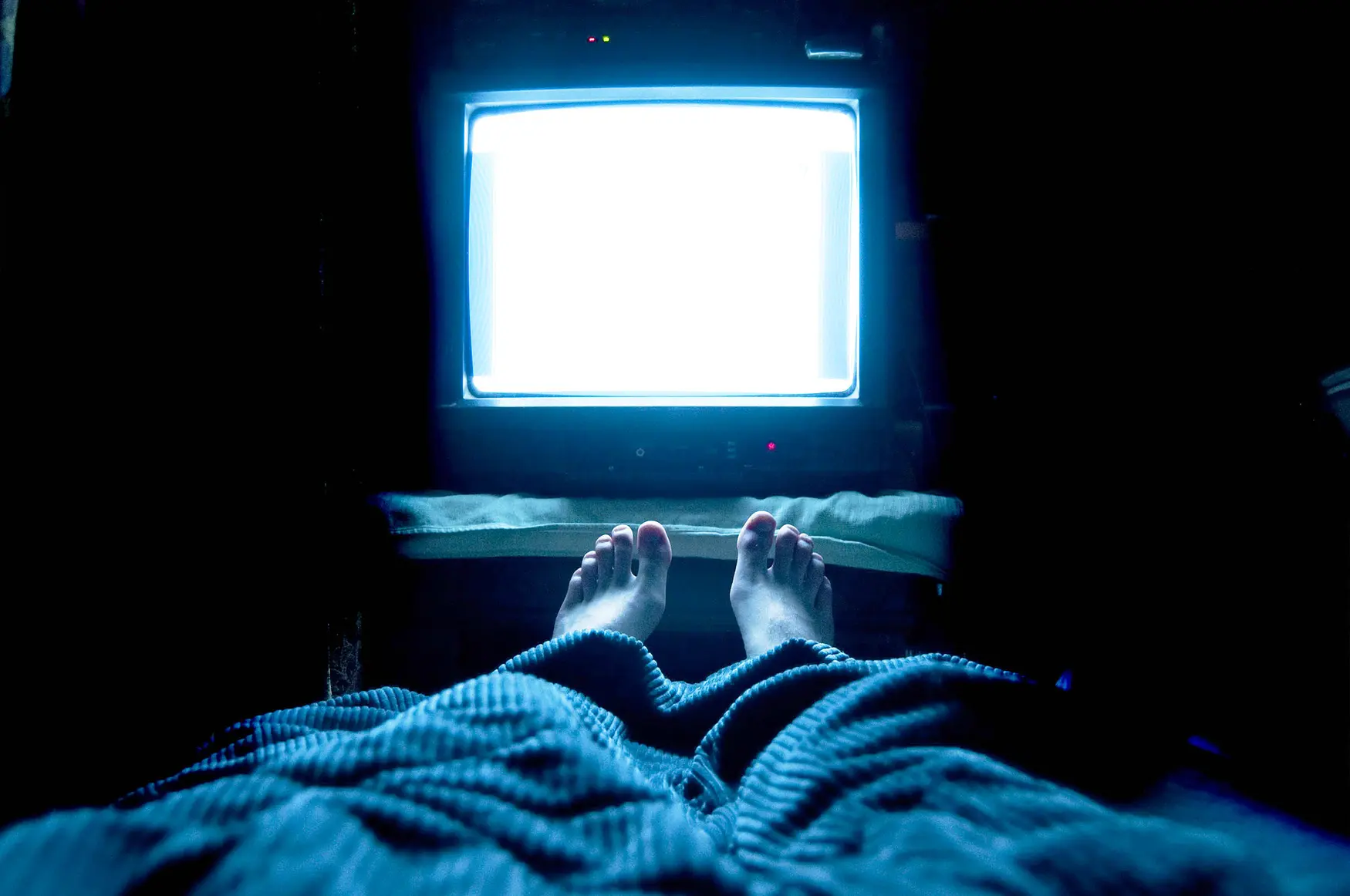
Research links bright night lights to heart issues
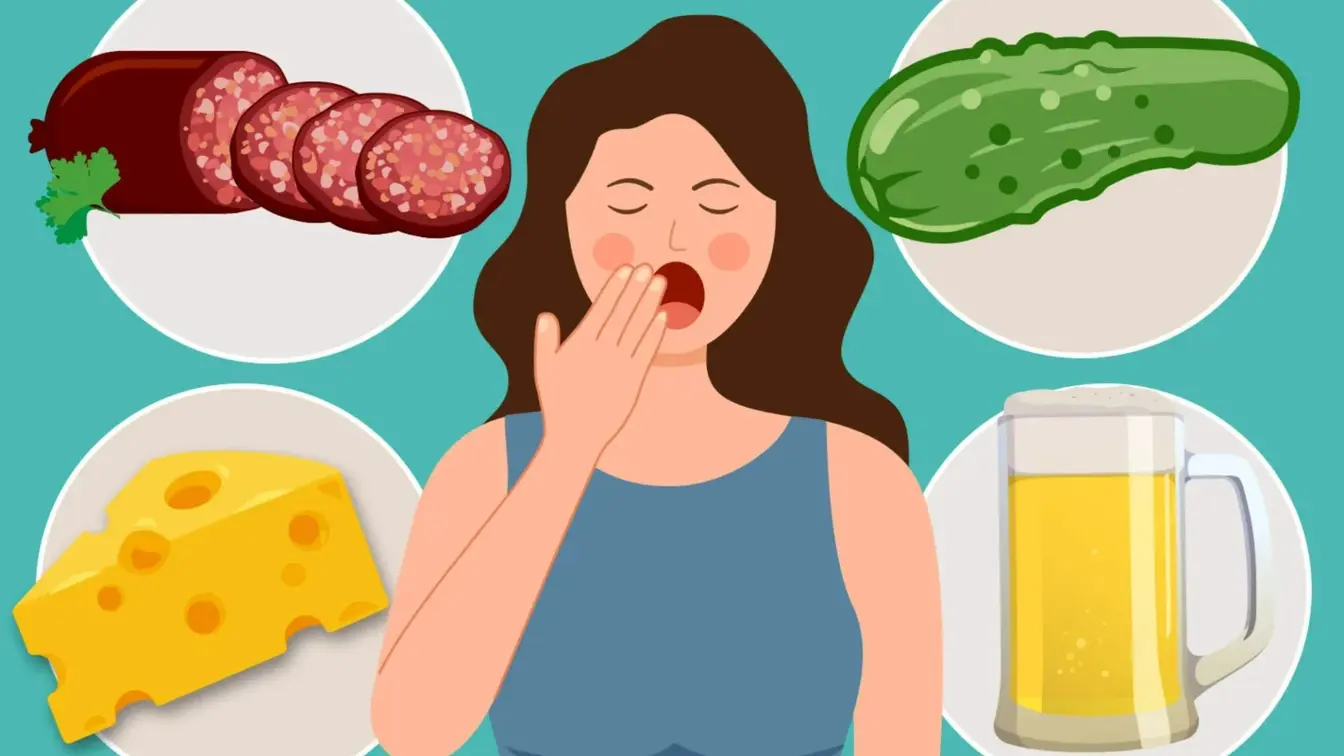
Diet linked to daytime sleepiness found in large study
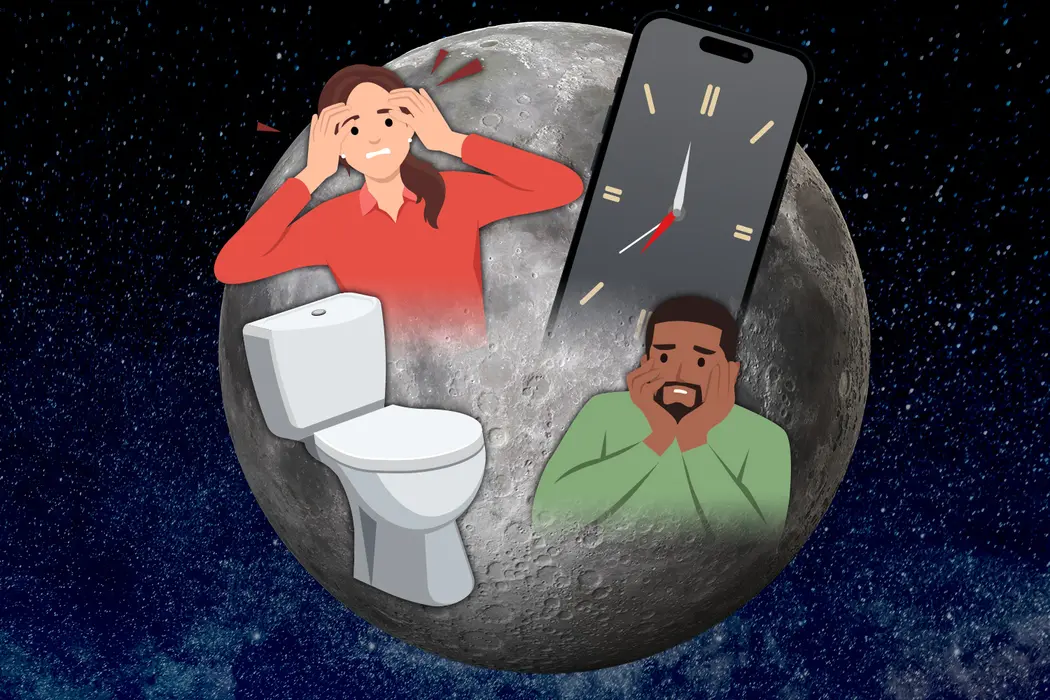
Signs of health issues linked to night waking

RSPCA warns UK about risks from imported rescue dogs
